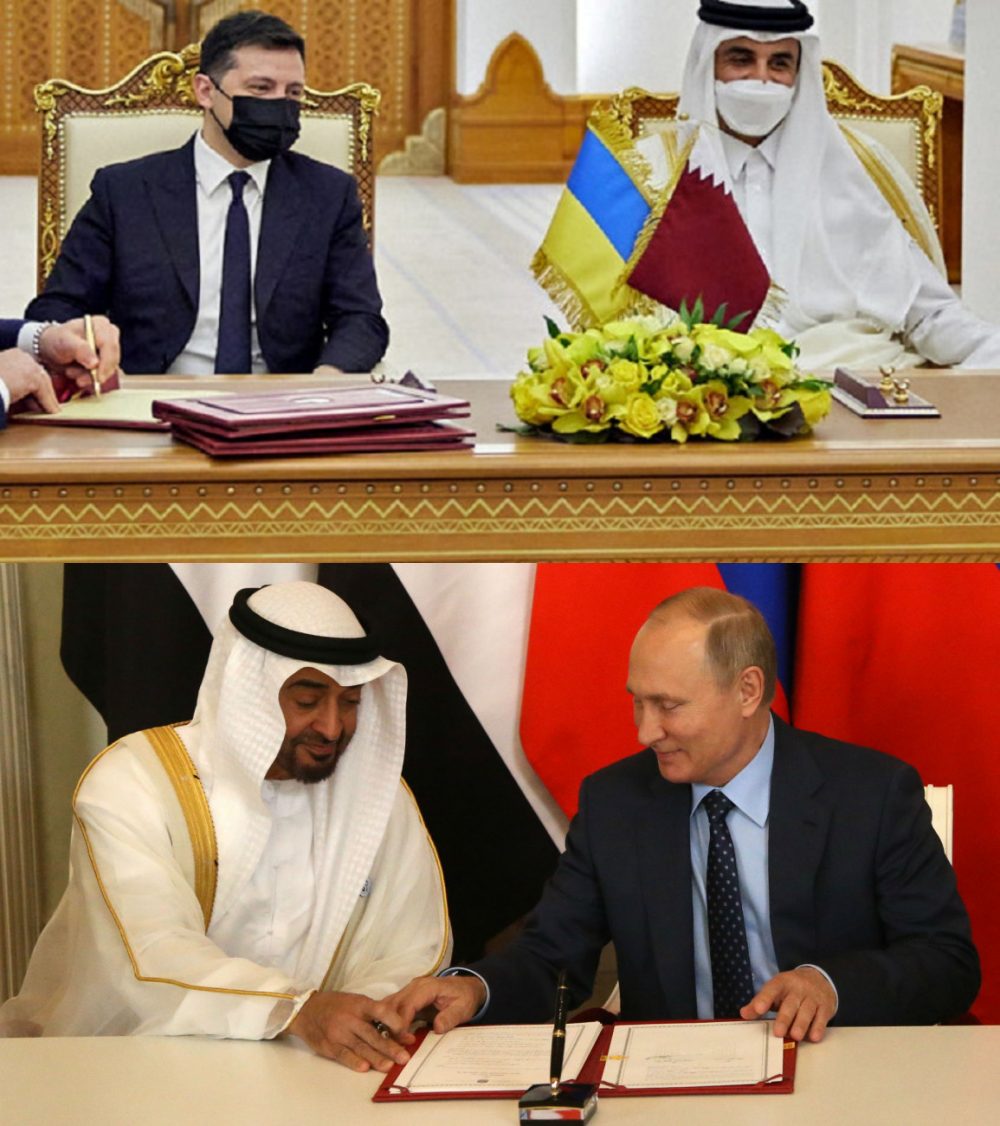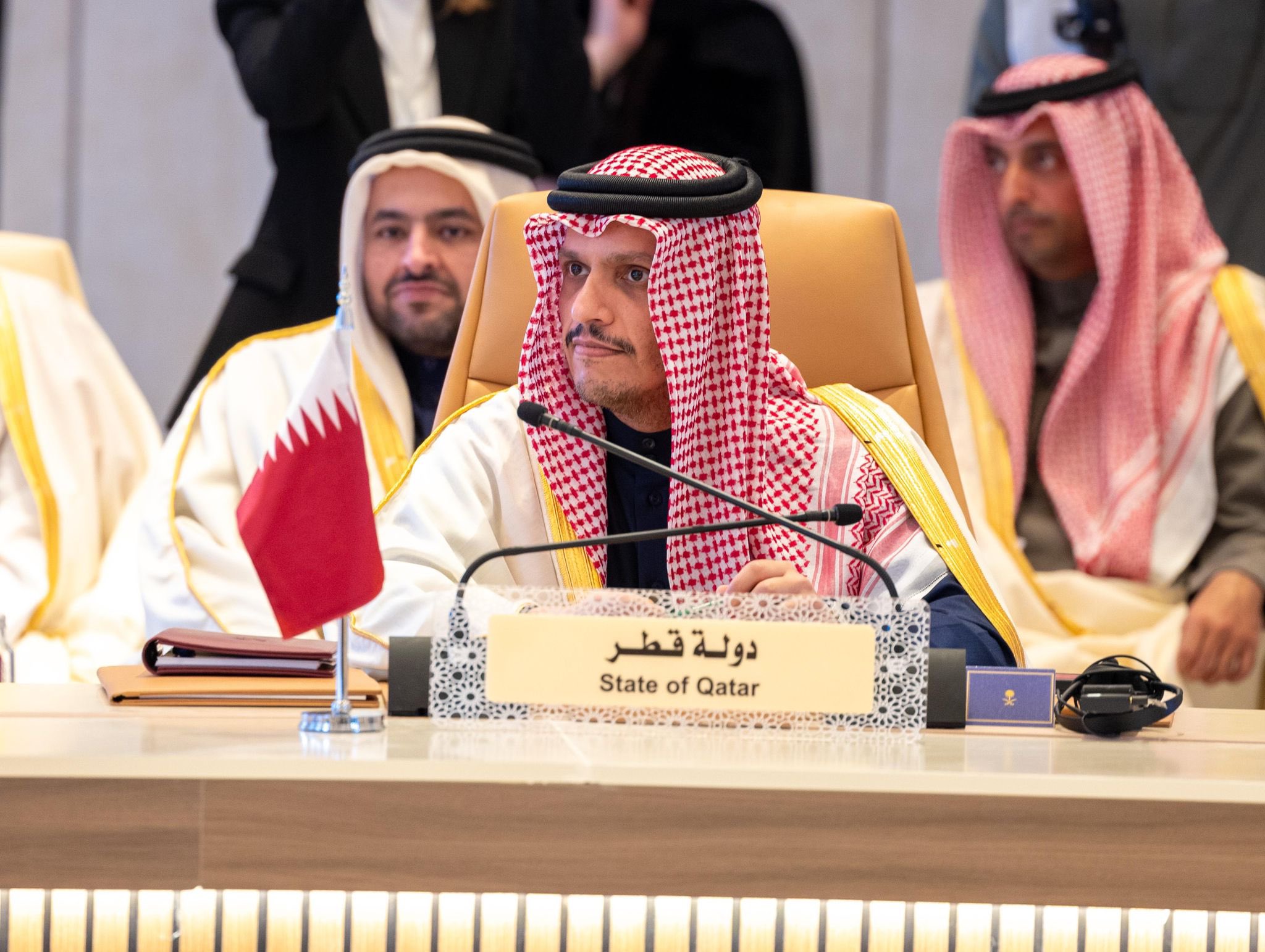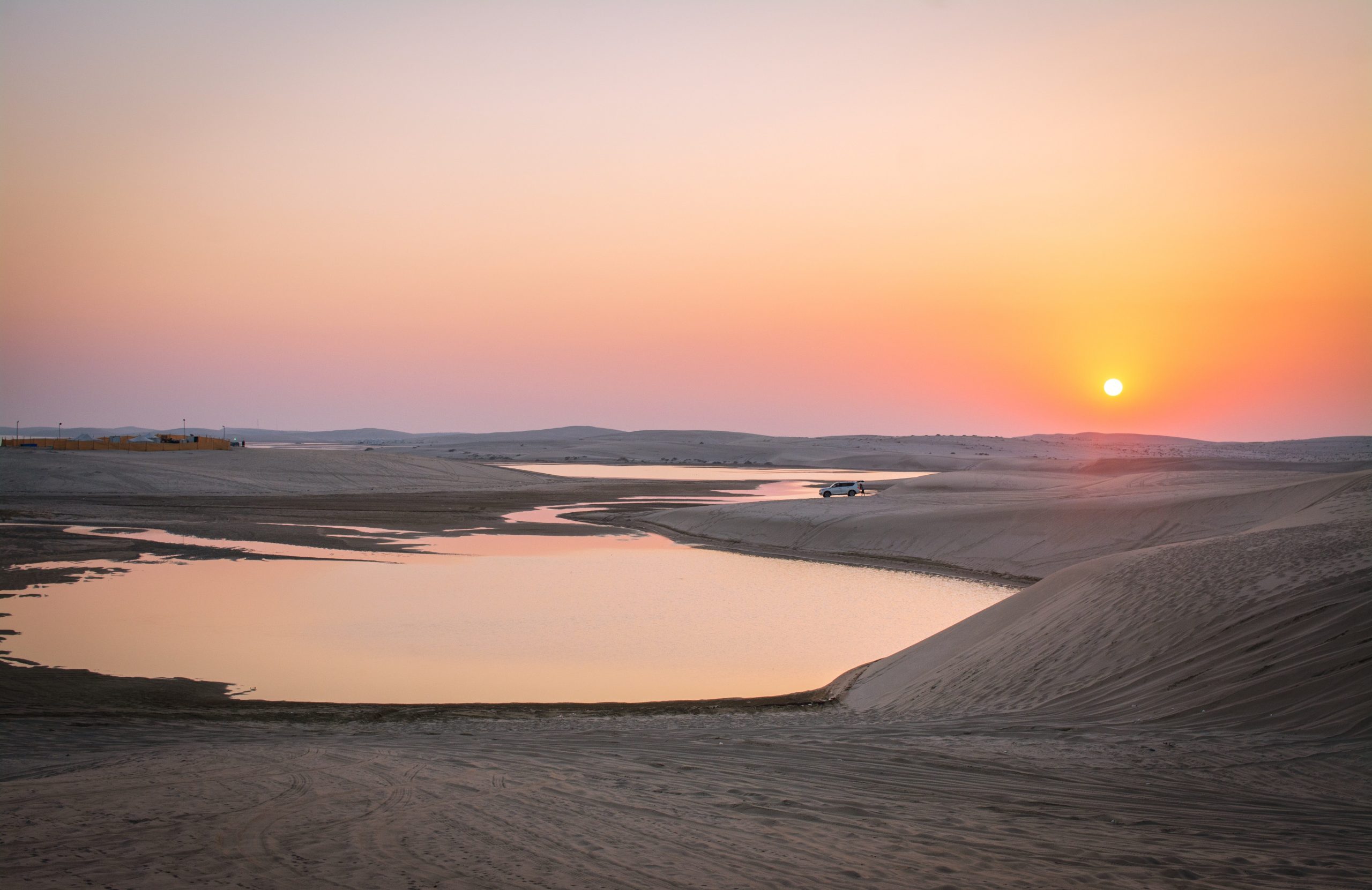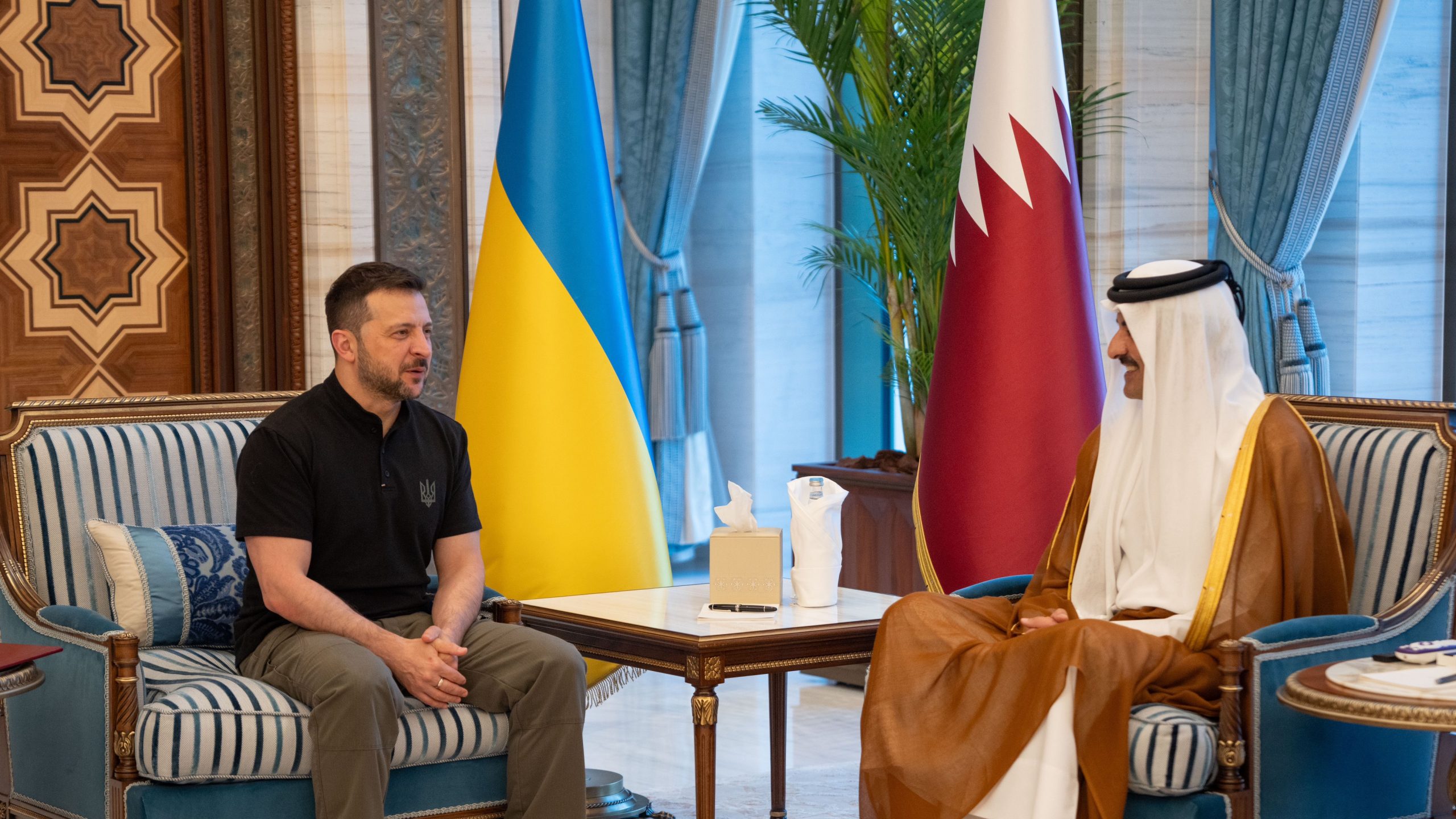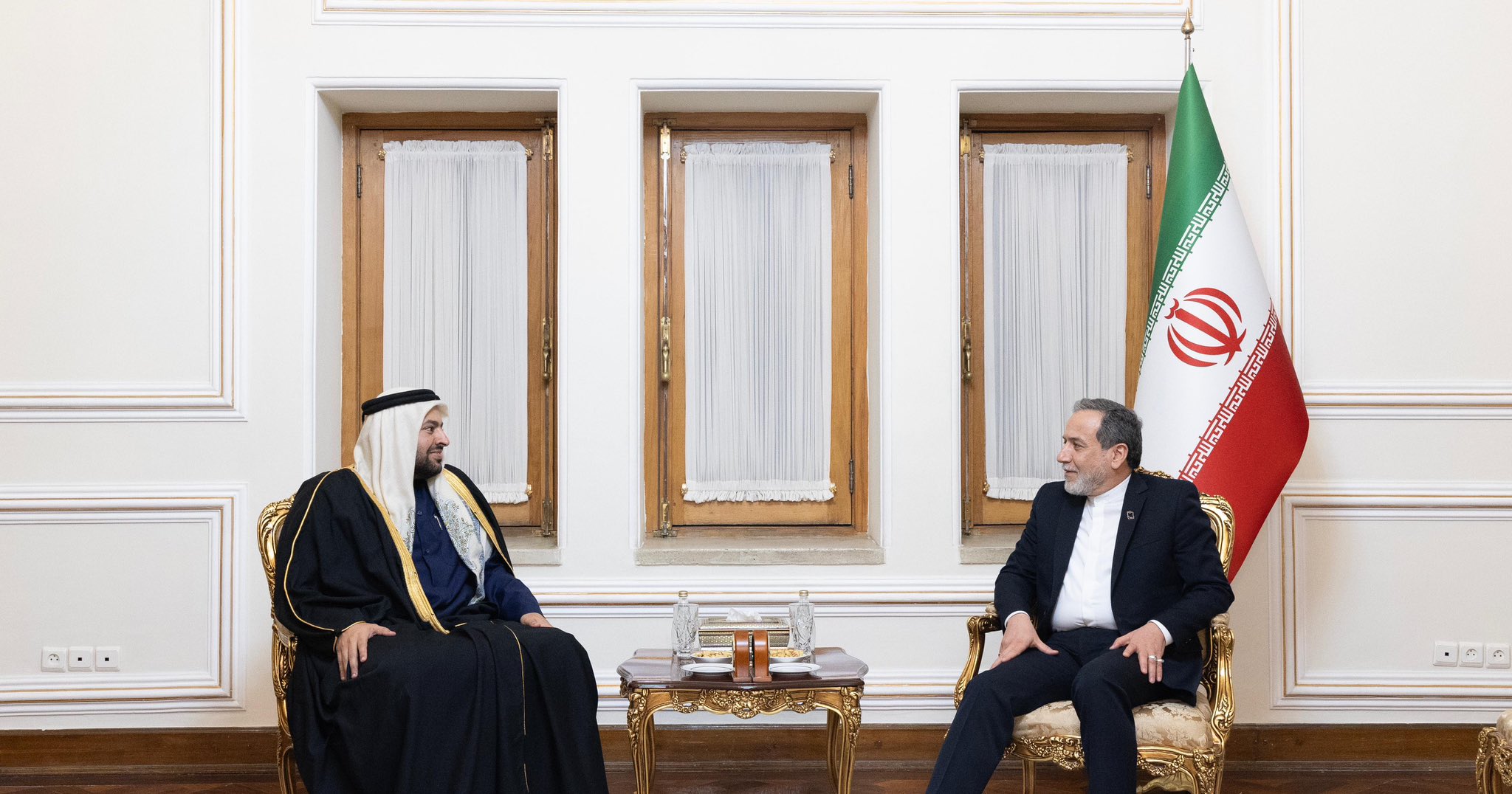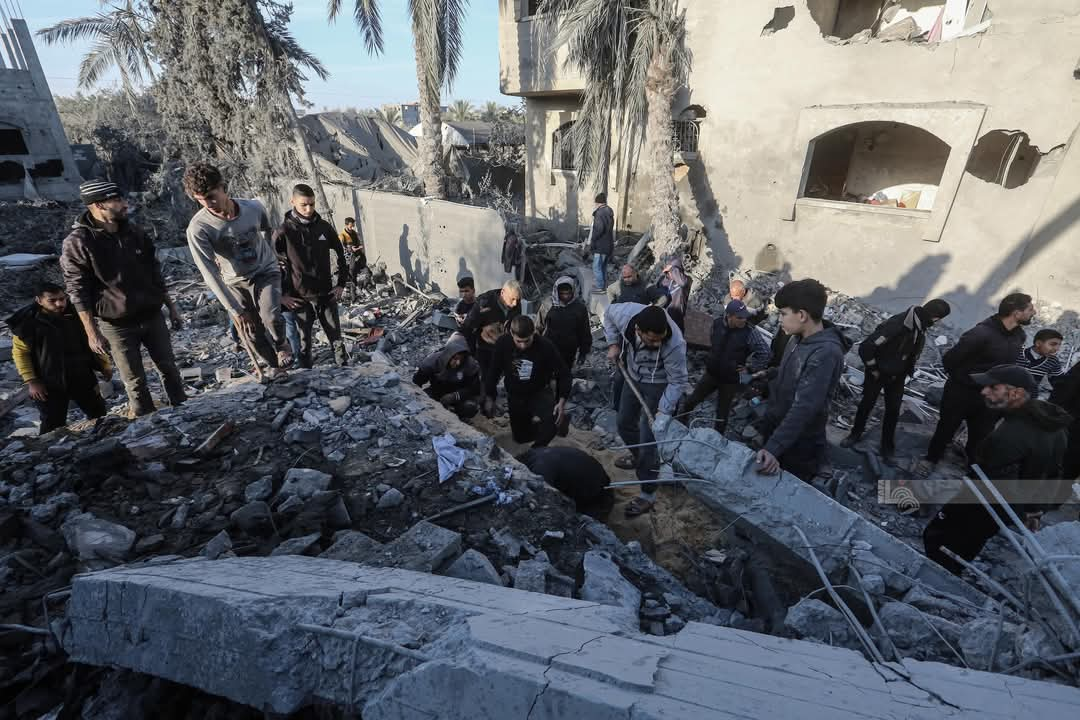Emirati and Russian officials have much in common, with the leaders in both countries opposing democratic revolutions whilst pushing narratives about “authoritarian stability”.
The Russian-Ukrainian war is impacting many countries worldwide. Whether discussing energy markets, food prices, or foreign fighters, this conflict in eastern Europe will have major implications for the Middle East.
Gulf Cooperation Council (GCC) members, which have historically been aligned with Western powers but also have strong interests in continuing to strengthen their partnerships with Russia, are carefully navigating this war’s geopolitical fallout.
All GCC states have called for a diplomatic resolution to the crisis, which partly underscores their shared desire to avoid being pulled into the conflict. But there has not been a united GCC response to Russia’s invasion of Ukraine.
This sub-regional institution’s members have embraced somewhat different positions. For example, Qatar and the United Arab Emirates (UAE) have reacted differently, highlighting some of the more fundamental differences between Doha and Abu Dhabi’s foreign and security policies.
Read more: The GCC and Russia’s invasion of Ukraine: who stands where?
In relation to the Russian-Ukrainian war, Qatar has been more tied to the position of the United States, whilst the UAE has reacted in ways that are more Russia-friendly.
Early on after Vladimir Putin declared his country’s “special military operation” to “denazify” Ukraine, Qatar and Kuwait established themselves as the two GCC states which, at least rhetorically, were most supportive of Kiev. Four days after the Russians invaded Ukraine, Qatar’s chief diplomat Sheikh Mohammed bin Abdulrahman Al Thani emphasised Qatar’s “respect for Ukraine’s sovereignty, independence, and territorial integrity within its internationally recognized borders.”
History is highly relevant. “Why Qatar stood with Ukraine should not be a mystery,” explained Dr. Ali Bakir, a Research Assistant and Professor at Ibn Khaldun Center for Humanities and Social Sciences.
“Qatar and Kuwait, apart from being US partners, see themselves as closer to Ukraine due to their historic experiences. As small states sandwiched between much bigger and more powerful countries, both suffered from the aggressive policies of their neighboring countries. Kuwait suffered an Iraqi invasion in 1990, and Qatar underwent a Saudi-led blockade in 2017,” added Dr. Bakir. Thus, one can argue that Doha’s reaction to Russia’s invasion of Ukraine was tied to Qatar’s general belief that international laws and norms, which make it illegal for countries to use force to annex land from or blockade smaller neighbors, must be properly enforced.
The UAE’s approach to the Russia-Ukraine war
On the other hand, the UAE has gone to pains to avoid antagonising Putin’s administration since the Russian-Ukrainian war began. Even though Abu Dhabi has not officially supported Russia’s aggression in Ukraine, this war has given the UAE a valuable opportunity to assert its autonomy from Washington which is important to Emirati officialdom.
On 25 February, Abu Dhabi decided to abstain from a UN Security Council vote on a US-drafted resolution condemning Russia’s invasion. That decision resulted in the US State Department sending a cable to nearly 50 American embassies which said that the UAE and India’s “neutral” stances on the conflict put them “in Russia’s camp” before recalling the cable a day later.
Abu Dhabi and Moscow have deepened their bilateral ties in recent years. Emirati and Russian officials have much in common ideologically and intellectually, with the leaders in both countries opposing democratic revolutions whilst pushing narratives about “authoritarian stability”. Such synergies have put the UAE and Russia into close alignment whether discussing Egypt, Syria, Libya or other files.
Opposing approaches
Qatar, as a state that embraced a revolutionary foreign policy amid the Arab Spring uprisings of 2011, has been on opposing sides from Russia in most of the Arab region’s major crises of the past 11 years. Seeing them on opposing sides of the Ukrainian crisis is not a shock.
Yet it speaks volumes about Doha’s ability to engage all actors that, despite opposing Russia’s violations of Ukrainian sovereign rights, the chief Qatari diplomat went to Moscow earlier this month to discuss the conflict and other issues with his Russian counterpart.
The UAE wants to ensure that its good relationship with the Kremlin doesn’t suffer at all. Even after 24 February, Dubai remains a place where Russian oligarchs can park their wealth without worrying about their bank accounts being frozen or their compounds and villas being seized. We also see the UAE not playing ball with western governments who are asking the Emiratis and Saudis to boost their oil production to offset the rise in prices resulting from the war in Ukraine.
“The UAE (as well as Saudi Arabia) have refused to condemn Russian actions in Ukraine. They have also refused to increase oil production, despite entreaties from the US and UK to do so in order to combat price spikes,” said Dr. Annelle Sheline, a Research Fellow in the Middle East program at the Quincy Institute, in an interview with Doha News. “Clearly, the UAE is looking to signal to Moscow that it will not act in any way that undermines their relationship.”
At the same time, Abu Dhabi has reacted to this conflict in ways that signal its frustration with the Biden administration. The Emirati leadership’s relationship with the White House has become quite frosty and Abu Dhabi is making clear that it will not automatically align with the US. “From the UAE’s perspective, they’re of course acting in what they perceive to be their best strategic interests, not Washington’s,” Dr. Monica Marks, an Assistant Professor of Middle East Politics at New York University, Abu Dhabi, told Doha News.
Moreover, various aspects of the Biden administration’s foreign policy have not sat with Emirati officials who have grown angry towards the White House for a host of reasons. “They’re happy to make that anger known,” explained Dr. Marks. “They hope that airing that anger will shift the policy needle in Washington, DC on a number of issues that they care about very deeply here such as providing more support to respond to Houthi aggression.”
It is undeniable that the UAE’s stances on international issues such as Ukraine and Syria illustrate a growing distance between the Emiratis and Americans. Now, the UAE is attempting to play the US and Russia off each other to Abu Dhabi’s own advantage. Perhaps such a strategy will enable the Emirati leadership to convince Washington to make greater concessions to Abu Dhabi on files such as Yemen.
Will Assad’s visit to the UAE incur sanctions by the US?
Yet it remains to be seen how the UAE’s neutrality in the Russian-Ukrainian war impacts Abu Dhabi’s relationship with the US. The same is true for Syrian President Bashar al-Assad’s recent visit to Dubai and Abu Dhabi, which probably won’t result in the US imposing sanctions on the UAE but will leave American foreign policy elites with a bad taste in their mouth and probably result in more US officials believing that the Qataris, more than the Emiratis, share the same values as Washington.
Read more: Qatar reiterates refusal to normalise with Assad regime
American officials have noted that throughout the Russian-Ukrainian war Crown Prince Mohammed bin Zayed has not spoken to Biden yet he has had direct conversation with Putin. It is unclear what actions the Biden administration would be willing to take in order to bring the UAE closer to Washington’s orbit of influence and further away from Moscow’s.
Amid this war between Russia and Ukraine, the UAE and Saudi Arabia are demonstrating how much leverage they believe they have over Washington. Meanwhile, Qatar has been trying to support its western allies and partners amid this major international crisis. Long after the dust settles in Ukraine, officials in Washington will remember this difference.
Giorgio Cafiero is CEO and founder of Gulf State Analytics.

